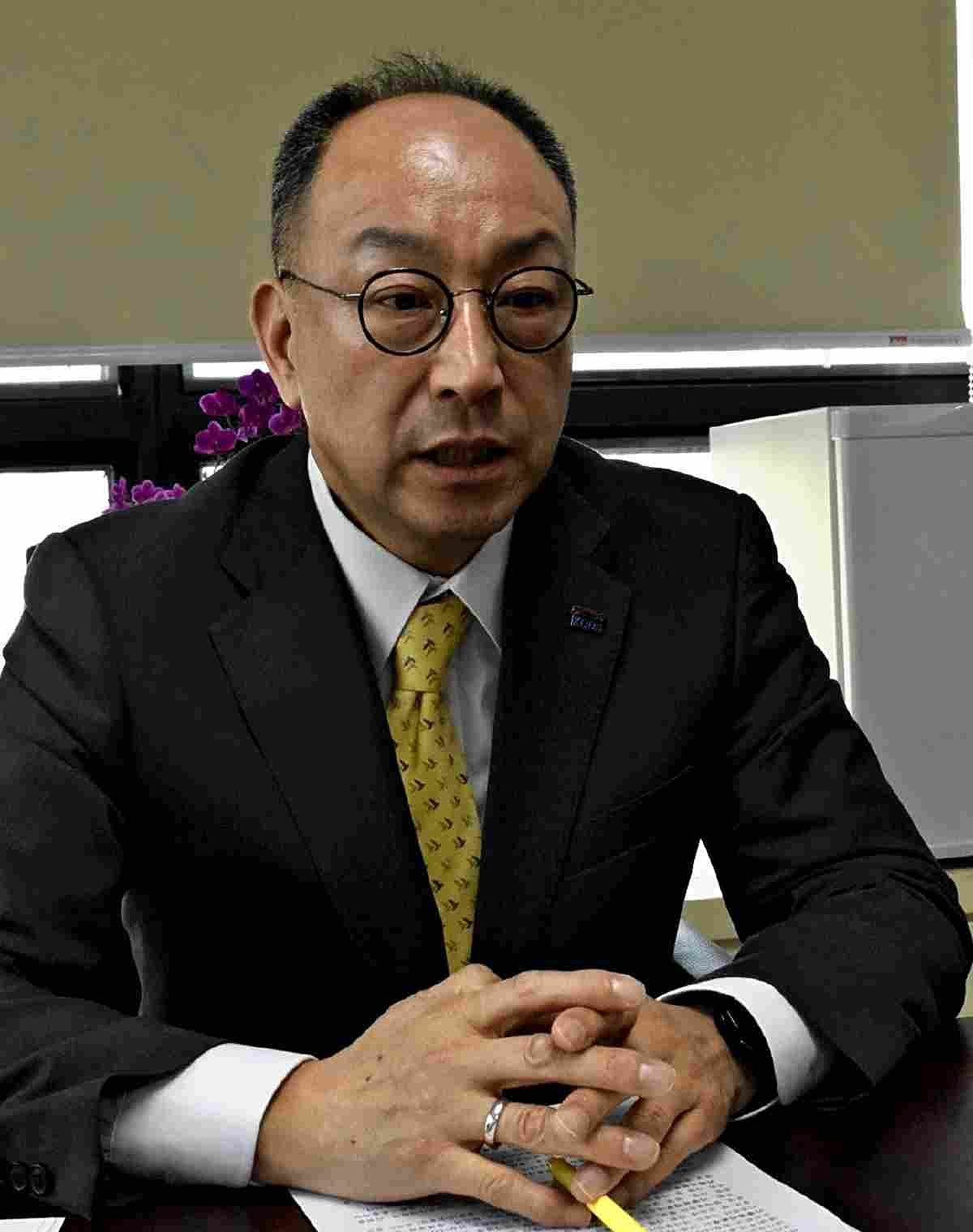South Korean Organ Donation Agency Head Comments on Transplant Situation in Japan; ROK Conducts 10 Times More Per Capita Transplants

Samuel Lee, president of the Korea Organ Donation Agency
6:00 JST, June 9, 2024
SEOUL — The head of the official organ donation agency in South Korea, which has a strong record of organ transplants, comments on recent revelation that such procedures in Japan were being limited by staff or bed shortages at hospitals and other factors.
“If the same problem arose in South Korea, it would be a major issue,” Samuel Lee, president of the Korea Organ Donation Agency (KODA) said in a interview with The Yomiuri Shimbun last month.
In South Korea, 10 times more brain-dead people per capita donate organs than in Japan.
The issue came to light following an investigative report by The Yomiuri Shimbun on Jan. 1 on the refusal of some hospitals to accept organs for transplant, spurring the Japan Society for Transplantation to carry out an emergency survey.
The society found 62 cases in which hospitals affiliated with three universities — the University of Tokyo, Kyoto University and Tohoku University— refused to accept organs in 2023. The three hospitals are among the most experienced in transplants in Japan.
“Except in cases of organs in poor condition from a medical point of view, every medical institution [in South Korea] that performs organ transplants will accept almost all organs,” Lee said. “We are very proactive when it comes to transplants.”
In South Korea, a law was enacted to allow organ donations from brain-dead people in 2000. In 2011, it became mandatory for medical institutions to notify KODA of patients who are possibly brain dead.
Measures to support the system were implemented, such as promptly dispatching coordinators from KODA to the medical institutions upon notification, and counseling families on the procedure and paperwork involved. As a result, the number of organ donations increased.
According to the World Health Organization and other sources, the number of brain-dead donors per 1 million people in 2022 was 7.89 in South Korea, while it was just 0.74 in Japan.
Top Articles in Society
-

Producer Behind Pop Group XG Arrested for Cocaine Possession
-

Man Infected with Measles Reportedly Dined at Restaurant in Tokyo Station
-

Man Infected with Measles May Have Come in Contact with Many People in Tokyo, Went to Store, Restaurant Around When Symptoms Emerged
-

Woman with Measles Visited Hospital in Tokyo Multiple Times Before Being Diagnosed with Disease
-

Australian Woman Dies After Mishap on Ski Lift in Nagano Prefecture
JN ACCESS RANKING
-

Producer Behind Pop Group XG Arrested for Cocaine Possession
-

Japan PM Takaichi’s Cabinet Resigns en Masse
-

Man Infected with Measles Reportedly Dined at Restaurant in Tokyo Station
-

Israeli Ambassador to Japan Speaks about Japan’s Role in the Reconstruction of Gaza
-

Videos Plagiarized, Reposted with False Subtitles Claiming ‘Ryukyu Belongs to China’; Anti-China False Information Also Posted in Japan



















